Graham Reid | | 3 min read
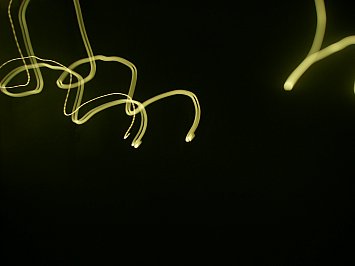
In a remarkably short period in the mid 80s, maybe 18 months, Wellington’s Braille label released a swag of albums -- I have eight, there may have been more -- which were nominally “left-field improv”. There was a bit of free jazz, some faux-Dixieland and assaults on jazz standards, and too many unmemorable originals which noodled around to no great effect. Braille’ best known outfits were Six Volts and the Primitive Art Group.
Braille seemed to be a work-scheme for Wellington musicians: most albums featured a revolving cast of David Donaldson (bass), David Long (guitars), Anthony Donaldson (percussion and banging noises), Neill Duncan (various saxes, clarinet) and Stuart Porter (saxes).
By my count the Donaldsons were on albums by Four Volts (an early version of Six Volts which was the Donaldsons plus vocalist Janet Roddick and Duncan), The Black Sheep (them with Porter), the PAG (most of the above except Roddick, and with guitarist David Watson), and Six Volts (add trumpeter Steve Roche and guitarist Long to Four Volts).
Then there were albums by Jungle Suite (Duncan, Roddick, Long), The Family Mallet (Porter, A. Donaldson and Gerard Crewdson) and Rabbitlock (D. Donaldson, Long, Malcolm and you know who as guests). And Watson from PAG had a solo album.
Quite a cottage industry -- and when Auckland musicians wondered how Braille managed it I would point out the thanks for “the assistance of the QE II Arts Council” on the covers.
It seemed this collective had got the grant application thing down pat. Auckland jazz musicians complained among themselves -- and rightly bemoaned the quality of much of the output -- and believed -- again, quite rightly I suspect -- that this was “a Wellington thing”.
Most people have forgotten Braille -- but out of Wellington again is another label with a similarly revolving cast, and some of the Braille crew are back. Tellingly one album acknowledges Creative New Zealand, the updated version of the Arts Council, and I see from CNZ applications someone else has got funding to do something on the label.
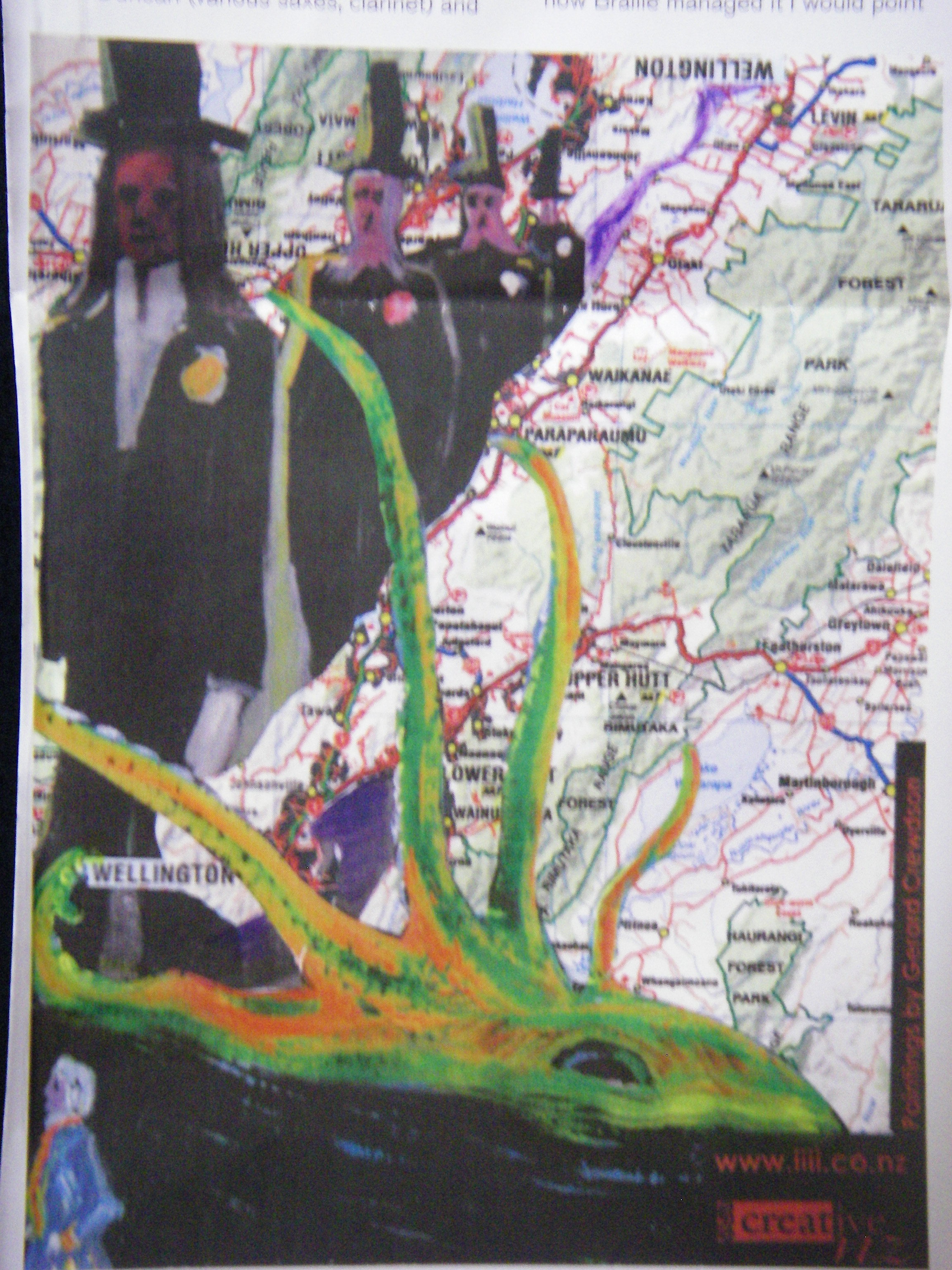
The new label is iiii . So from Braille to iiii (four eyes)? Might we expect a Wellington label called 20/20 in about 2028?
In a remarkably short period -- iiii was only launched in May -- the label has scheduled 10 releases of which I have five, all in generic covers by Crewdson, formerly of Braille’s Family Mallet and who appears here as a member of the Deconstruction Unit.
So how do they do this? Well, aside from some CNZ funding, they are (mostly) drawing on a three-year archive of live recordings at the venue Happy.
As with Braille, some names appear frequently: saxophonist Jeff Henderson appears in the Metabolists, the Dodecahedrons (with A. Donaldson) and the Deconstruction Unit; David Long from Braille days is in the Metabolists; and guitarist Craig Taylor in the Elephantmen and the Deconstruction Unit.
This -- again -- is very much “a Wellington thing”: think Fat Freddys/Pretties/Black Seeds/Loop etc. But what of the music?
The Dodecahedrons; The Colourful Language of The Dodecahedrons: Three improvised, melodically dextrous, percussive-driven and textural pieces which reveal the shared intuition of the players -- but probably torture for those unfamiliar with the contract of free jazz. Not bad though, especially the visceral Folly.
The Elephantmen; Let You Entertain Me: Yelping alt.rock which takes its lead from a collision between James Blood Ulmer and Pere Ubu without the tension, intensity or rebellious wit of either. The too-few terrific bits suggest better might come however.
The Metabolists; Rapture of the Deep: In a cover showing a giant octopus hauling down a luxury liner comes this eerily evocative, 50-minute sonic poem played out on spare drums and cymbals with Long’s guitar punctuating with string scrapes and disarming chiming, and Henderson‘s baritone sax adding claustrophobia to a suffocating climax before a deathly denouement. Not the easiest of listening experiences, but the best in this batch of releases.
The Deconstruction Unit; The Consolation of Philosophy: Over a repeated rhythmic figure on funky tuba (which vaguely recalls Arthur Blythe working with Bob Stewart), this 45-minute piece jogs on the spot too long before it takes on much muscular momentum and density. That said, around the midpoint it becomes gutsy, relentless and compelling. A good ’un.
The Dominion Centenary Concert Band: Triumph in the City: This outfit pays homage/mocks the traditional brass bands on fractured and somewhat tedious deconstructions of spaghetti western themes, God Save the Queen, a bit of Haydn and so on. A curate’s egg and I guess you had to be there -- but I’m glad I wasn’t.
I think this one was “a Wellington thing”.
This article first appeared in Real Groove magazine, July 2007


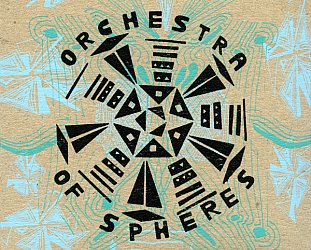
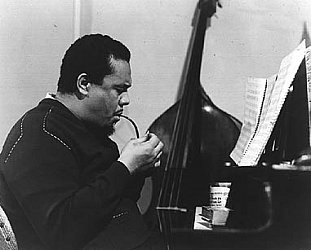
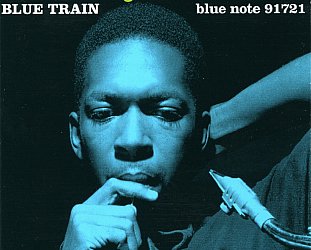
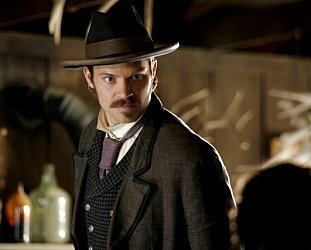

post a comment